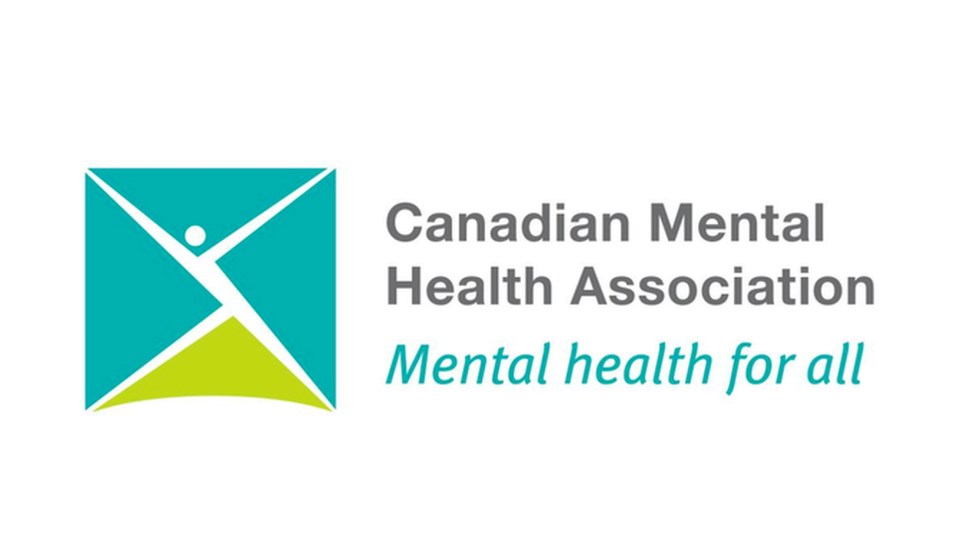Never under estimate the power of nature when it comes to renewing an appreciation for life and all its wonders.
“Get out and walk even if you’re feeling depressed or down - force yourself,” Maureen Davis, executive director of the Northern BC branch of the Canadian Mental Health Association, advised.
“Give it a try - put one foot in front of the other. Start looking at what’s beautiful out there - start noticing the leaves, notice the water - find the beauty in it - look for the positives. Just as human beings we tend to spend a lot of time being able to rapidly pick up on what’s going wrong. Force yourself to look at what’s going right. What’s good in your life, what are you grateful for? Even if it feels like it’s not a lot. Shine the light on what you are grateful for because it will help change the mood.”
This is Mental Health Awareness Week in
This week focuses on a public education campaign geared to help people understand the reality of mental illness.
Mental Health Awareness Week was established by the Canadian Psychiatric Association and is now coordinated by the Canadian Alliance on Mental Illness and Mental Health (CAMIMH) in cooperation with all its member organizations and many other supporters across
“There has been a decline in mental health since the pandemic started,”
Since the beginning of the pandemic 41 per cent of all adults, 61 per cent of those who became unemployed, 54 per cent of people who already had existing mental health issues all say they have experienced a decline in their mental health.
There have been increases in suicidal ideation and eight out of 10 of us find ourselves feeling much more worried, bored, stressed, sad than usual,
“Every time we feel there’s a line we’re going to get across and then that line changes we see more of that desperation, sometimes manifesting as rage, sometimes manifesting as sadness, and definitely as anxiety,” Davis said, siting the example of restaurant staff feeling the brunt of the frustration when patrons express their negative feelings about having to show their vaccination card before being served.
“People are just tense,”
One of the best comments
“
“Moving forward we’re not quite set yet - one of our national strategic goals is to make sure every door is the front door and everything is equitable and we’re not there yet. We’re a very confusing system when it comes to mental health and how to access and where to access - it varies so much depending upon where you live, what your knowledge is of the system, where you can go from here, so we have a long ways to go to be able to ensure that mental health is a human right in the same way we believe physical health is - something everybody should have the right to access - we’re not there with mental health yet.”
Covid-19 has shown that,
“The pandemic has really shone the light on how important mental health is because Covid has hit everybody,”
For more information about how to access help for better mental health visit https://northernbc.cmha.ca/ or call 250-564-8644 or Toll Free (BC Only) 1-866-564-8644.



